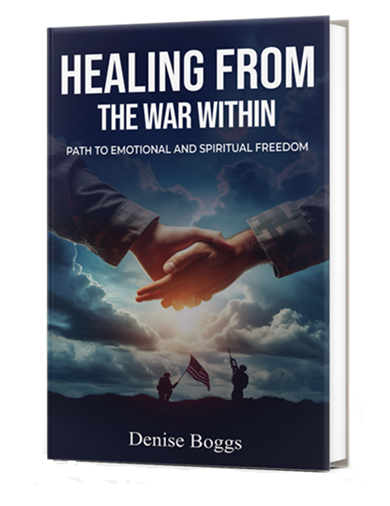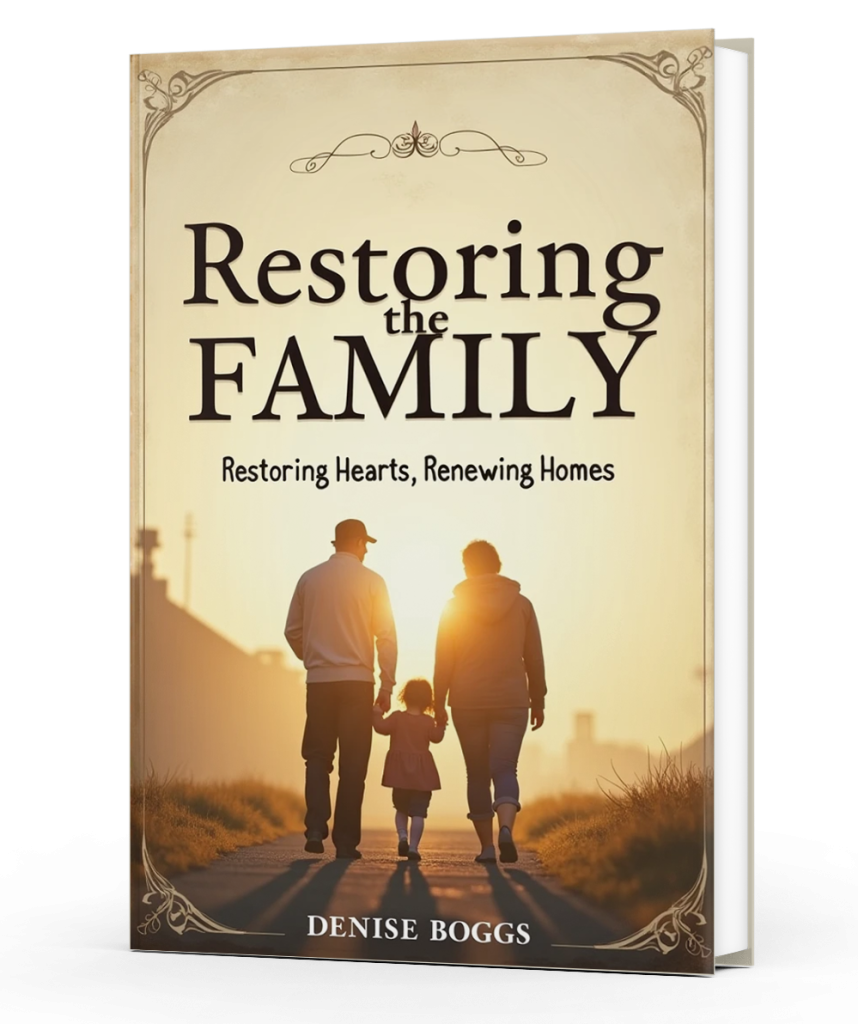Table of Contents
1. Introduction
2. The Roots of the ‘War Within’
3. The Impact of Moral Injury
4. The Challenges of Reintegration into Civilian Life
5. Pathways to Healing the ‘War Within’
6. Frequently Asked Questions (FAQ)
—
For many veterans, the end of military service does not signal the end of battle. Instead, it marks the beginning of a new and deeply personal struggle—a struggle often referred to as the “War Within.” This internal conflict is not always visible to those around them, but it profoundly impacts the lives of veterans and their families. Understanding the causes of this “War Within” and exploring ways to overcome it is crucial for helping veterans reclaim their lives.
The Roots of the ‘War Within’
The “War Within” often has its origins in the intense training and experiences that soldiers undergo during their time in the military. From the very beginning of their service, recruits are taught to suppress their emotions and disconnect from their feelings to survive the harsh realities of war. This emotional detachment, while necessary for survival in combat, can have long-term consequences.
When veterans leave the military, they often find that the emotional walls they built to protect themselves in combat become barriers to reconnecting with loved ones and reintegrating into civilian life. The memories of what they have seen and done in the line of duty continue to haunt them, leading to feelings of guilt, shame, and unresolved anger. These emotional wounds, if left unaddressed, can grow and contribute to the internal battle that many veterans face.
From a spiritual perspective, these emotional walls can also block veterans from experiencing the healing power of God’s love. Psalm 55:22 says, “Cast your burden on the Lord, and He shall sustain you.” Veterans who are burdened by the weight of their experiences may struggle to lay these burdens down, even though doing so is essential for healing.
The Impact of Moral Injury
Moral injury is one of the most significant contributors to the “War Within.” This type of injury occurs when a veteran feels that they have violated their deeply held moral or ethical beliefs during their time in service. For example, a soldier might experience moral injury after taking actions in combat that go against their personal values, such as killing an enemy combatant or witnessing the death of a civilian.
Unlike physical wounds, moral injuries are invisible and often difficult to articulate. They are characterized by feelings of guilt, shame, and a profound sense of betrayal—either by others or by oneself. Veterans who suffer from moral injury may struggle to forgive themselves for their actions or inactions, leading to a deep sense of unworthiness and self-condemnation.
Spiritual healing plays a crucial role in addressing moral injury. Veterans need to seek forgiveness—not just from those they feel they have wronged, but also from God. 1 John 1:9 reminds us, “If we confess our sins, He is faithful and just to forgive us our sins and to cleanse us from all unrighteousness.” Through prayer and spiritual counseling, veterans can find the peace and forgiveness they need to move forward.
The Challenges of Reintegration into Civilian Life
Reintegration into civilian life poses significant challenges for veterans, many of whom feel disconnected from the world they left behind when they joined the military. The military provides a structured environment with clear rules, roles, and a strong sense of camaraderie. Upon returning to civilian life, veterans often struggle with the loss of this structure and the absence of the close-knit bonds they formed with their fellow service members.
This sense of loss can lead to feelings of isolation and loneliness, as veterans find it difficult to relate to civilians who have not shared their experiences. The skills and behaviors that served them well in the military—such as hyper-vigilance, discipline, and emotional detachment—can become liabilities in civilian life, leading to conflicts in personal relationships and difficulties in adjusting to the more ambiguous and less regimented nature of civilian society.
From a spiritual viewpoint, veterans may feel as though they have been “banished from the life of God” as described in Ephesians 4:18, which states, “They are darkened in their understanding, alienated from the life of God because of the ignorance that is in them, due to their hardness of heart.” This spiritual alienation can make the process of reintegration even more difficult.
Moreover, veterans may find it challenging to find meaning and purpose outside of the military. The sense of mission and identity that comes with serving in the armed forces is not easily replaced, and without a new sense of purpose, veterans may struggle with feelings of aimlessness and despair.
Pathways to Healing the ‘War Within’
Healing from the “War Within” is a complex process that requires time, support, and a willingness to confront difficult emotions. However, it is possible, and many veterans have successfully navigated this journey. Here are some key pathways to healing:
Facing the Pain
One of the most important steps in healing is acknowledging and facing the pain rather than trying to suppress or avoid it. This may involve talking about traumatic experiences with a trusted counselor or in a support group, allowing oneself to grieve losses, and working through feelings of guilt or shame. By confronting these emotions head-on, veterans can begin to dismantle the emotional barriers that have been preventing them from healing.
Spiritually, facing the pain involves surrendering it to God. In Matthew 11:28-30, Jesus invites us, “Come to Me, all you who labor and are heavy laden, and I will give you rest. Take My yoke upon you and learn from Me, for I am gentle and lowly in heart, and you will find rest for your souls.” Veterans need to find the courage to bring their burdens to God and allow Him to bring healing.
Processing Moral Injury
Addressing moral injury is crucial for overcoming the “War Within.” Veterans must work through the feelings of guilt and shame associated with their actions or inactions during service. This often involves a process of self-forgiveness and, for some, seeking forgiveness from others. Spiritual counseling or participation in faith-based retreats can provide a safe space for veterans to explore these deep-seated issues and find peace.
The Bible provides comfort in this process, particularly in passages like Isaiah 1:18, which says, “Though your sins are like scarlet, they shall be as white as snow; though they are red like crimson, they shall become like wool.” This scripture reassures veterans that no matter the depth of their guilt, forgiveness and cleansing are possible.
Rebuilding Relationships
Rebuilding relationships with loved ones is an essential part of the healing process. Veterans need to learn how to communicate openly and honestly with their family members, expressing their emotions and listening to the concerns of others. This can help restore trust and intimacy that may have been eroded by years of emotional detachment and unresolved trauma.
From a spiritual perspective, Ephesians 4:32 offers guidance: “Be kind to one another, tenderhearted, forgiving one another, as God in Christ forgave you.” Rebuilding relationships involves cultivating kindness, tenderness, and forgiveness—both toward oneself and others.
Seeking Professional Help and Support
Professional help, such as therapy and counseling, is often necessary to address the complex issues that contribute to the “War Within.” Trauma-focused therapies, such as Cognitive Behavioral Therapy (CBT) or Eye Movement Desensitization and Reprocessing (EMDR), can be particularly effective in helping veterans process their experiences and develop healthier coping strategies. Additionally, joining support groups where veterans can connect with others who have shared similar experiences can provide a sense of camaraderie and reduce feelings of isolation.
Faith-based support groups and retreats can also be beneficial, offering veterans a community where they can discuss their spiritual struggles and find solace in shared faith. Proverbs 27:17 reminds us, “As iron sharpens iron, so one person sharpens another.” In these communities, veterans can both give and receive support, strengthening one another in their journey toward healing.
Frequently Asked Questions (FAQ)
Q: What is the ‘War Within’?
A: The “War Within” refers to the internal struggle that many veterans face after their military service. It is characterized by feelings of guilt, shame, anger, and emotional detachment, often stemming from experiences in combat or the military culture.
Q: What causes moral injury?
A: Moral injury occurs when a veteran feels they have violated their moral or ethical code during their service. This can happen through actions taken in combat, witnessing traumatic events, or feeling responsible for the harm or death of others. Spiritual guidance and forgiveness are key in addressing this deep wound.
Q: How can veterans begin to heal from the ‘War Within’?
A: Healing begins with acknowledging the pain and seeking help. This may involve therapy, support groups, spiritual counseling, and rebuilding relationships with loved ones. Addressing moral injury, in particular, is essential for overcoming the internal conflict, and seeking forgiveness through prayer can be a powerful step.
Q: Why is reintegration into civilian life so difficult for veterans?
A: Reintegration is challenging because veterans often lose the structure, camaraderie, and sense of purpose they had in the military. The skills and behaviors that were necessary for survival in combat may not translate well to civilian life, leading to feelings of isolation and disconnection. Reconnecting with one’s faith can be an important aspect of finding new purpose and community.
Q: What role does spiritual healing play in overcoming the ‘War Within’?
A: Spiritual healing is crucial for many veterans, as it helps them process their guilt, find forgiveness, and reconnect with their faith. Engaging in prayer, reading scripture, and participating in faith-based communities can provide the peace and strength needed to overcome the internal battle.




